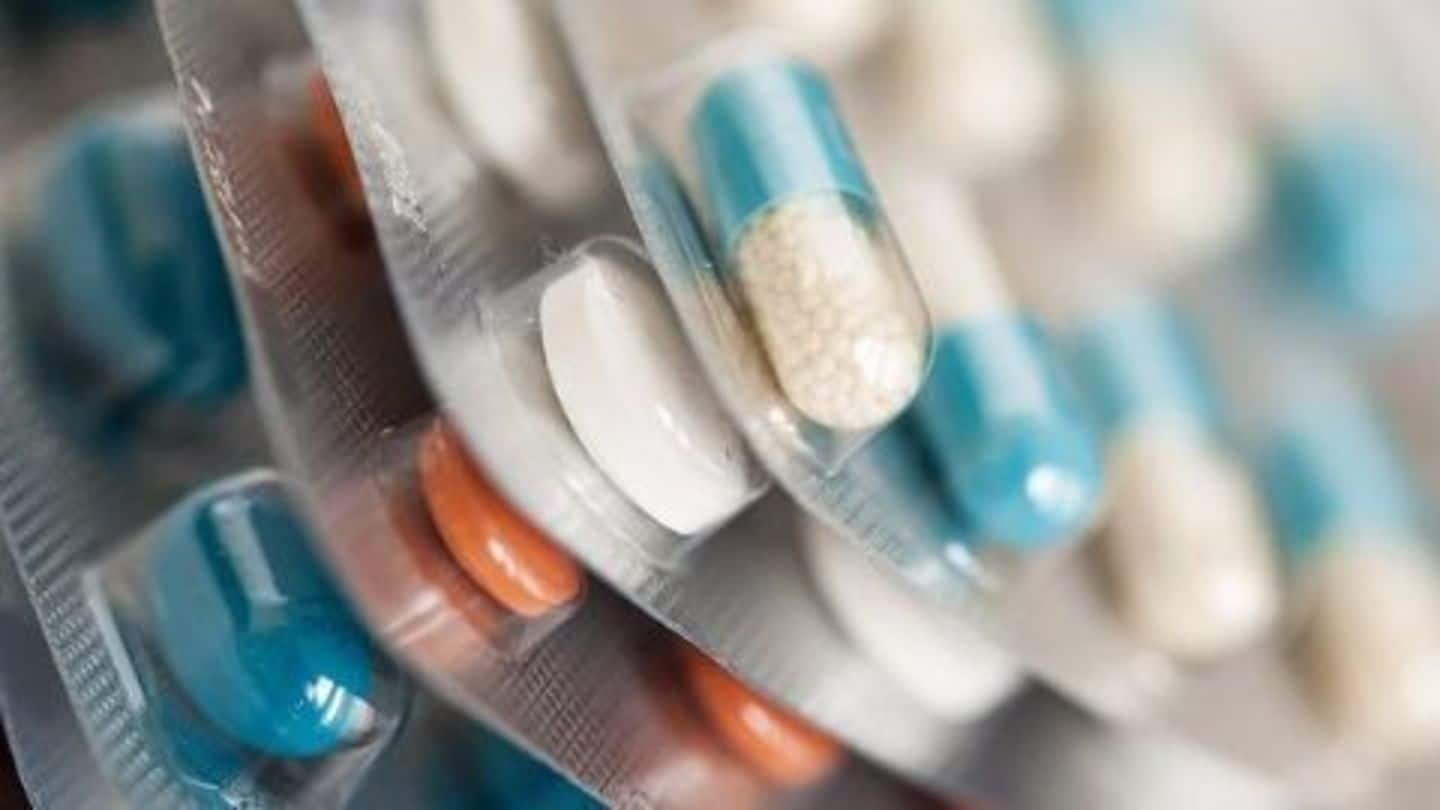
Drug resistance to be checked by controlling antibiotics
What's the story
The government plans to issue constraints on prescription and retail of commonly used medicines.
This is to reduce the development of drug resistance to "diseases like tuberculosis, malaria, urinary tract infection and even HIV."
This step is being taken keeping in mind the new global strategy to fight drug-resistant diseases being incorporated by all member countries of the World Health Organization.
Definition
What is antibiotic resistance ?
Antibiotic resistance happens when an antibiotic medicine loses its strength to efficiently control or stop bacterial growth; in other words, the bacteria are "resistant" and continue multiplying while an antibiotic is at work.
7 Apr 2011
Antibiotic resistance making 'superbugs' in India: WHO
WHO warned India that the random use of antibiotics had critically risen and was giving rise to "antibiotic resistant superbugs".
The organisation said that susceptibility to contaminations in hospitals and the method among many doctors to give strong antibiotics "even for common flu is fuelling resistance to antibiotics."
Improper use of antibiotics like stopping dosage mid-course, was also affecting the Indian population.
Personal
700,000 deaths due to drug resistance
Currently, drug resistance due to the common use of antibiotics has claimed over 700,000 lives each year. In India, an additional two million lives will be lost by 2050 due to drug resistance.
27 Mar 2015
ICMR tracking drug resistance pattern
The Indian Council for Medical Research (ICMR) has been on a drug resistance trail since last year.
It is conducting antimicrobial surveillance to forecast the resistance pattern of six antibodies causing diarrhea, typhoid, etc.
4 nodal centres at PGI-Chandigarh (2) and Christian Medical College-Vellore (2) and one each at All India Institute of Medical Sciences in Delhi and JIPMER in Pondicherry were set up.
11 Apr 2015
BMC takes out an antibiotic policy
The Brihanmumbai Municipal Corporation was the 1st civic agency to start an antibiotic policy to check the blatant abuse of antimicrobial drugs by physicians.
The policy will essentially mean that a uniformity will be maintained in prescription of drugs for fever, malaria, etc across BMC's 16 peripheral hospitals and three medical colleges.
Regular checks will take place so that doctors adhere to the rules.
25 May 2015
Antibiotic resistance discussed at World Health Assembly
The World Health Assembly meeting in Geneva pledged to advance "awareness and understanding of antimicrobial resistance".
The members committed to strengthening surveillance and research.
Most importantly, they decided to minimize the use of antimicrobial medicines.
Steps to ensure sustainable investment in countering antimicrobial resistance were called up highlighting the adverse effects of antibiotic resistance that has been on the rise.
Do you know?
Worrying medical statistics
53% people use antibiotics without prescriptions, 18% use antibiotics for later use and 25% physicians give medicines to children with fever caused by any infection.